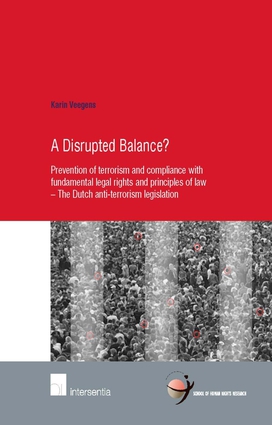Overview
Since the 9/11 terrorist attacks in the US, combating terrorism has gained top priority in Dutch politics. This counter-terrorism policy primarily focuses on prevention and has led to extensive anti-terrorism legislation in the field of substantive criminal law and criminal procedure. The European Union has also adopted a firm anti-terrorism policy which led to national anti-terrorism legislation. This book discusses the scope of the prevention-oriented Dutch anti-terrorism legislation within and beyond criminal law, and its impact on principles of (criminal) law and on fundamental legal rights as enshrined in the European Convention on Human Rights, which, in case of the Netherlands, is higher law. The central question is: to what extent is the statutory criteria for the application of pre-trial anti-terrorism powers and measures and their practical implementation, especially as regards to the required level of suspicion, in compliance with the relevant fundamental legal rights and principles of law as enshrined in the applicable European treaties? To answer this question, three important aspects of the Dutch legislative anti-terrorism policy are discussed. Firstly, it is ascertained what in fact constitutes an act of terrorism according to the Dutch criminal law system, and how, and to what extent, the criminalization of terrorism affects criminal liability, particularly during the pro-active phase. Secondly, the book discusses what level of suspicion is required to apply which powers and/or measures to prevent terrorism. Thirdly, the way the application of these state powers, particularly in light of their criteria for application, is scrutinized. (Series: School of Human Rights Research - Vol. 48)

